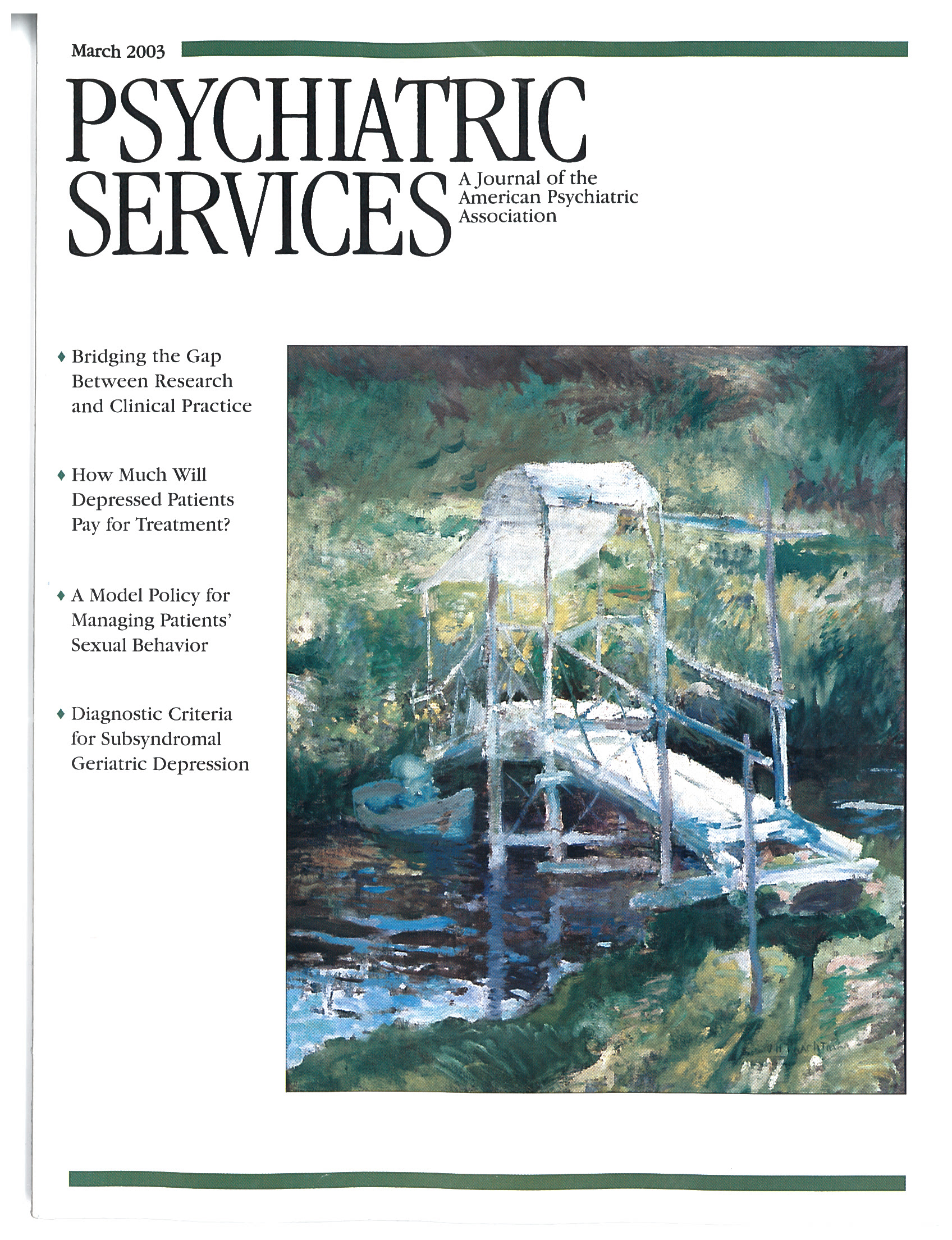The True Path: Western Science and the Quest for Yoga
Neuroscience can provide explanations for spirituality as a higher form of consciousness and commonalities among religions. Roy J. Mathew, professor of psychiatry and associate professor of radiology at Duke University, uses current brain research to "bridge the chasm between science and philosophy." The True Path: Western Science and the Quest for Yoga expands on his belief that "ultimately everything is interrelated and reducible to one underlying principle."
Dr. Mathew states that his book is intended for general readers but that he hopes that both philosophers and scientists will find it of interest. His explanations of neuroanatomy and brain functions are basic yet thorough enough to support his contentions of the connections between the brain and religion and Indian philosophy. He explores the question of which part of the brain might be involved in the generation of a religious experience and what change might have taken place in that region.
As a Christian native of southern India, Dr. Mathew provides examples in philosophy primarily from India. He refers to the religions of Christianity, Judaism, and Islam to support his premise. As he clearly explains basic neuroscience, he also outlines complex Indian philosophy and relevant parts of those religions in a thoughtful yet understandable manner.
The word "yoga" in the title may not initially be understood correctly, although Mathew provides a good explanation. To many who know yoga through the local gym or health club, it is considered a physical fitness activity or a method of relaxation. This type of yoga is called hatha yoga. Mathew uses the word "yoga" in its greater meaning, that of union and, more specifically, the union of persons with God.
Mathew weaves the anatomy and functions of neuroscience with theories of perception and Indian philosophies of consciousness. He explores historical drug use as a means to spirituality. He discusses the concept of self and its possible anatomical counterpart in the dominant hemisphere of the brain. He integrates nondominant hemisphere functions with art, music, nature, spirituality, and pleasure, including pleasure of the experience of devotion, meditation, and the uncontaminated consciousness or God.
He begins and ends his book with a story about Mary Smith, a hopeless cocaine addict who was totally desperate, depressed, and suicidal. An unexpected experience of the Divine Lord changed her life. The True Path is a synthesis of scientific and spiritual knowledge leading to an understanding of Mary's experience and recovery. The six-page glossary defining many Indian philosophical and religious words will be helpful to an unfamiliar reader. Although the author is writing for the general reader, the extensive references provide other sources for scientists and philosophers who wish to explore these concepts further.
Dr. Mathew has written a thoughtful and well-argued thesis for an integrated view of spirituality as a higher form of consciousness embedded in brain functions. His explanations of neuroscience and spirituality can be understood by those who are not expert in either area. His personal anecdotes humanize his contentions. This is a very reasonably priced book containing thoughtful speculations about the nature of spirituality and consciousness supported by Indian philosophy and the latest findings in brain research.
Dr. Kalliel is psychologist and neuropsychologist at the University of Massachusetts Medical School at Medfield State Hospital in Medfield, Massachusetts. She is a certified hatha and pranayama integral yoga teacher.



